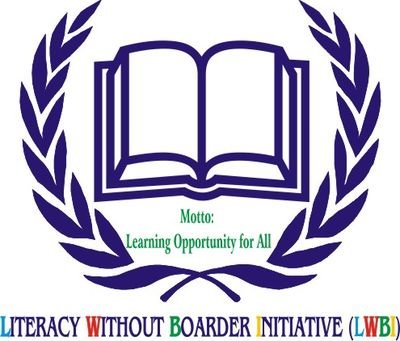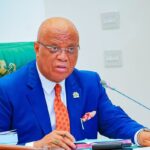An initiative to raise literacy level in Sokoto communities is providing adult education, English as a Second Language and vocational education to scores in the state.
So far, Literacy without Border Initiative (LWBI) has made more than 200 men and women literate in some localities in the state.
- Sokoto teachers turn to farm to survive COVID-19 crunch
- How banker attempted to rob customer of N5m savings in Sokoto
The initiative is a volunteer community organisation aimed at providing adult and continuing education classes, as well as girl-child education in the state and beyond.
“The main idea is to get back to our communities and help the younger ones facing the need for literacy and vocational skills to become useful members of the society,” Haliru Ibrahim Gidadawa, co-founder of LWBI, which provides both free (public) and private teaching and learning programmes, said.

“So far we have graduated two sets, and a large number of them could now read and write, in addition to doing simple and fairly complex calculations. Some have achieved simple English language command.”
Gidadawa added that they have also secured admission for 10 students (five males and five females) with 50 per cent discount to study NCE programmes at Biga College of Education, Sokoto.
Four of the initiative’s first set of graduates are now part of its volunteer teachers.
Caliphate Trust learnt that members of the Wheel and Tyre Sellers Union Sokoto are also beneficiaries of the programme after making a request.
Gidadawa, a graduate of Linguistics from Modern European Languages and Linguistics, Usmanu Danfodiyo University, Sokoto, said he started ‘Hoisting English Language Proficiency’ HELP Project following the high demand for proficiency in English before the LWBI programme.
“I got so many people visiting for informal coaching. The number was more than I could conveniently handle.
“So, I decided to arrange for a class at nearby Waziri Model Primary School, Sokoto before moving to Nagarta College Sokoto,” he recalled.
“We later developed a teacher-student manual with over 50 topics. Learners obtain a copy at the rate of N1000.
“More than 300 students passed through the HELP initiative most of whom are now university graduates,” he also said.
The idea of Literacy Without Border Initiative, he said, was conceptualized by his colleague, Hassan Muhammad Ladan.
“My own Initiative called, Hoisting English Language Proficiency (HELP) Project, concerns only English coaching. So, he reached out to me to merge my idea with his to make one big project.
“I saw the wisdom in being part of the bigger project, so I agreed to terms of the new initiative, and my HELP partners now become part of the LWBI,” he said.
Gidadawa, under the new arrangement, coordinates the English as Second Language programme while Hassan Muhammad Ladan the CEO, LWBI, coordinates the Adult Basic Literacy programme.
He, however, lamented that since the beginning of the COVID-19 pandemic, LWBI suspended all coaching programmes.
“Our over 20 home lesson teachers are staying at home doing nothing. Our students intending to write SSCE are eager for us to continue.
“We also have in place a writing competition for primary school pupils within Sokoto metropolis with support from the State Universal Basic Education Board.”
Gidadawa said their main target was to help complement the efforts of government at both state and federal levels to ensure proficiency in reading and writing for all as a catalyst towards self-reliance and poverty alleviation in the country.
On challenges, he disclosed that lack of support to expand their project to local government areas was the major one they faced.
According to him, “Initially, we funded LWBI through personal donations, and later by introducing learning manuals for the students. We’ve some philanthropists paying for some of the manuals we distribute to the learners. We also now receive some stipends from some of our adult literacy students.”
He said LWBI intended to generate funds from its proposed projects after the COVID-19 pandemic to be able to finance other goals.

 Join Daily Trust WhatsApp Community For Quick Access To News and Happenings Around You.
Join Daily Trust WhatsApp Community For Quick Access To News and Happenings Around You.


